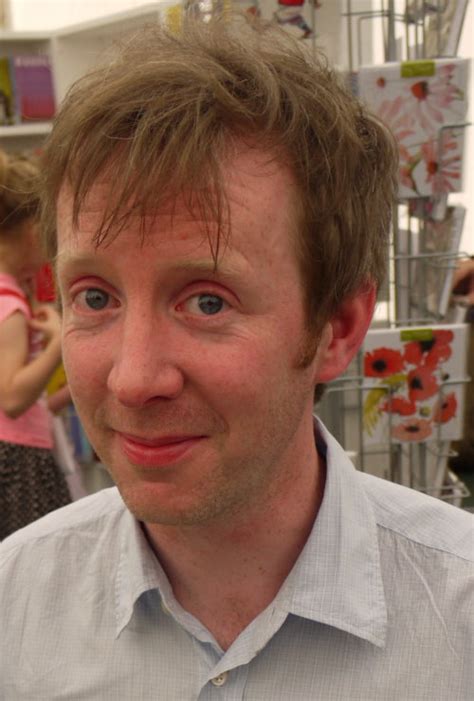A Quote by Curtis Sittenfeld
For most of my life - well, maybe half of my life, but basically until I was in my mid-20s - I wrote stories. From the time I was 5 or 6 until I was 25. And I read a lot of stories during that time.
Related Quotes
When I was about twenty-one, I published a few poems. Maybe I wrote a couple of stories before, but I really began to write stories in my mid-thirties. My kids were still little, and they were in school and day care, and I had begun to think a lot about wanting to tell some stories and not being able to do it in poetry.
Maybe instead of strings it's stories things are made of, an infinite number of tiny vibrating stories; once upon a time they all were part of one big giant superstory, except it got broken up into a jillion different pieces, that's why no story on its own makes any sense, and so what you have to do in a life is try and weave it back together, my story into your story, our stories into all the other people's we know, until you've got something that to God or whoever might look like a letter, or even a whole word.
God would love to piece together the shattered fragments of your life. But He is waiting ... graciously waiting until the time is right. Until you are tired of the life you are living ... until you see it for what it really is. Until you are weary of coping ... of taking charge of your own life ... until you realize the mess you are making of it. Until you recognize your need for Him ... He's waiting.
Some of the stories I admire seem to zero in on one particular time and place. There isn't a rule about this. But there's a tidy sense about many stories I read. In my own work, I tend to cover a lot of time and to jump back and forward in time, and sometimes the way I do this is not very straightforward.
The Greeks used to use the same stories, the same mythology, time after time, different authors. There was no premium placed upon an original story, and indeed, Shakespeare likewise. A lot of people wrote plays about great kings. They didn't expect a brand-new story. It was what that new author made of the old story. It is probably the same now. We disguise it by inventing what seem to be new stories, but they're basically the same story anyway.
Nobody knows what will work until they try it. Some of comics' biggest success stories in recent years have explored subjects that no one was writing about at the time - stories no one had any reason to think would succeed. My advice? Write what you want to read. You'll have more fun doing it - and if all else fails, you'll always have at least one loyal reader.
I went to public school, and I didn't do well in school. And it wasn't until, actually, I got into school at Juilliard - it was the first time in my life that I thought, 'Oh, maybe I'm not stupid,' because I was so inspired and passionate about what I was learning, and it was the first time in my life I had felt that.





































